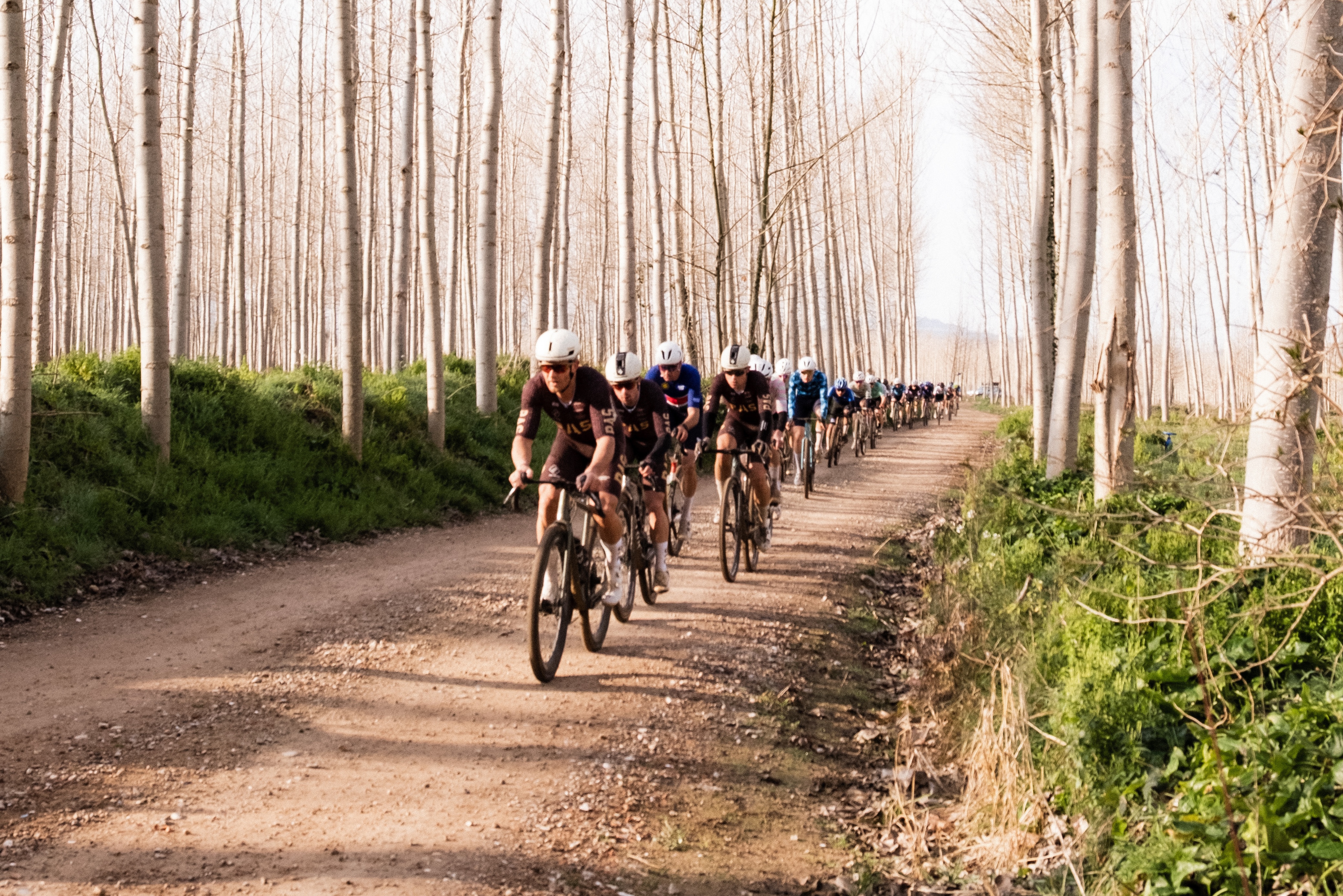UCI survey indicates dominance by big-budget teams curbs the enjoyment of cycling fans
Governing body publishes research into the appeal of road cycling
The latest race content, interviews, features, reviews and expert buying guides, direct to your inbox!
You are now subscribed
Your newsletter sign-up was successful
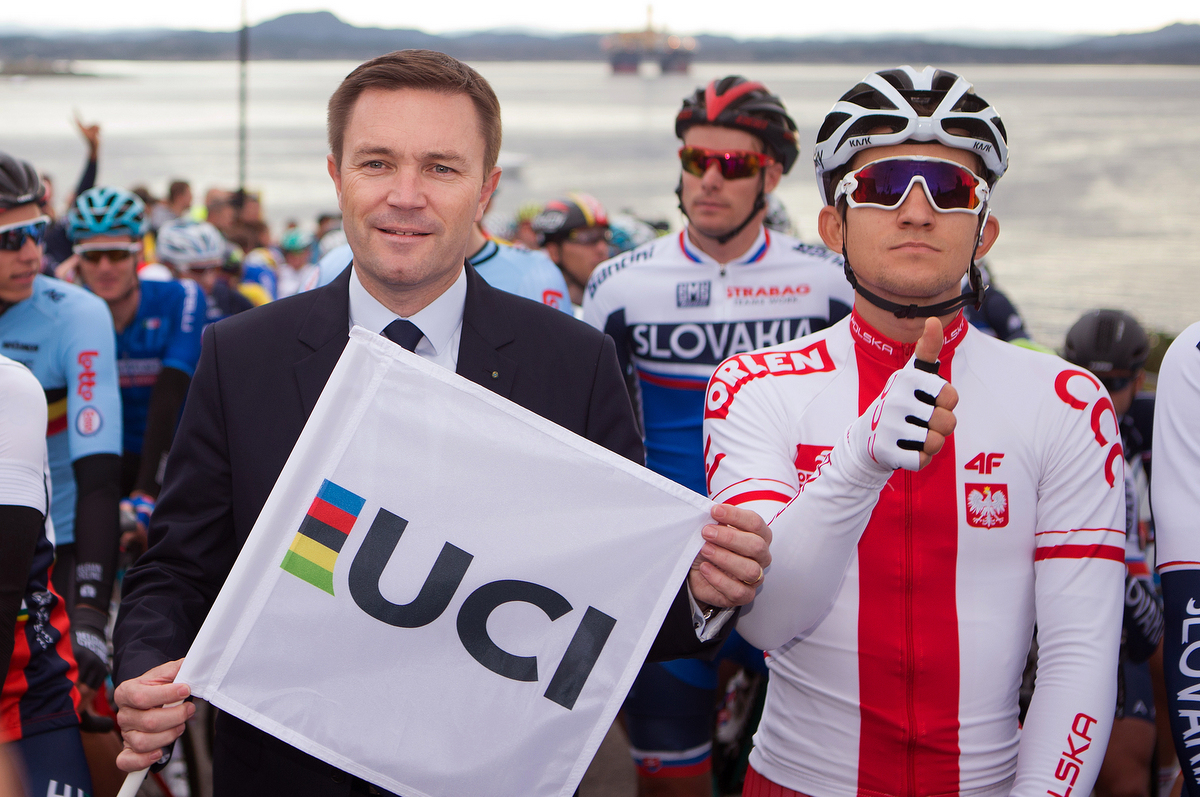
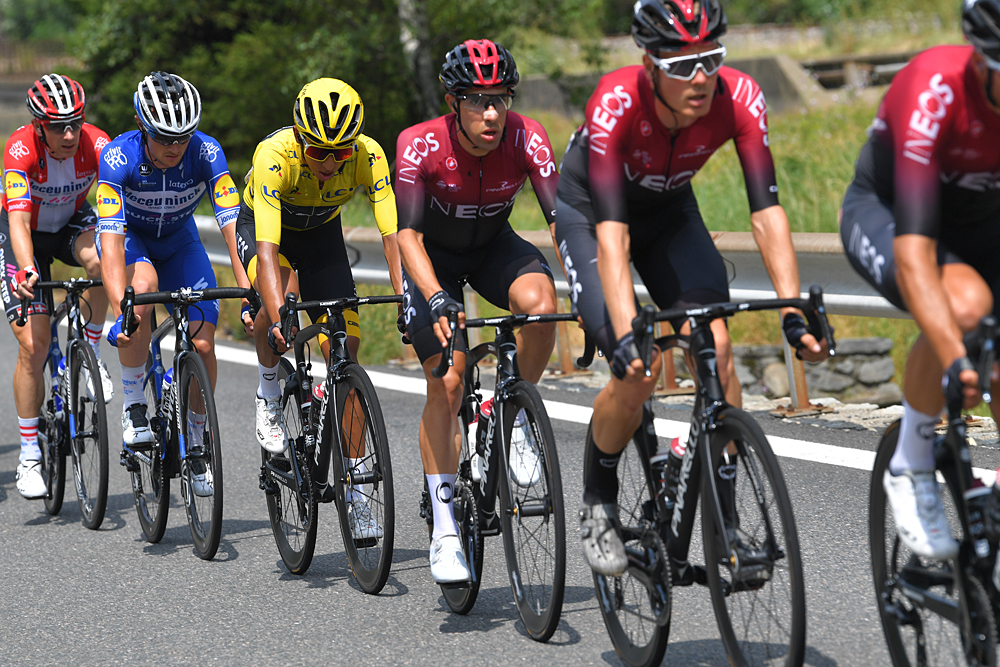
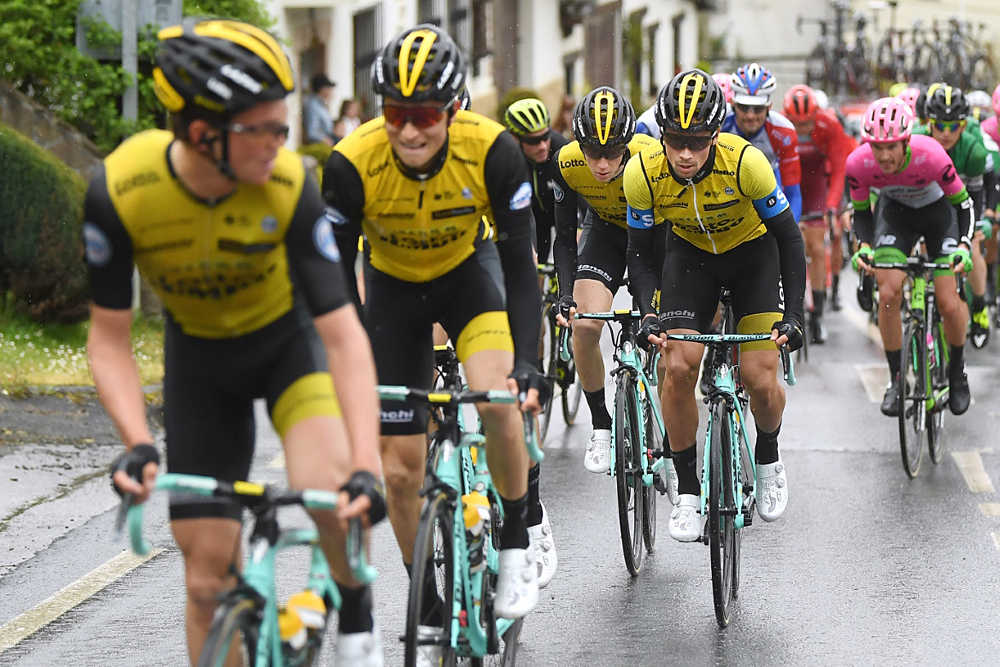
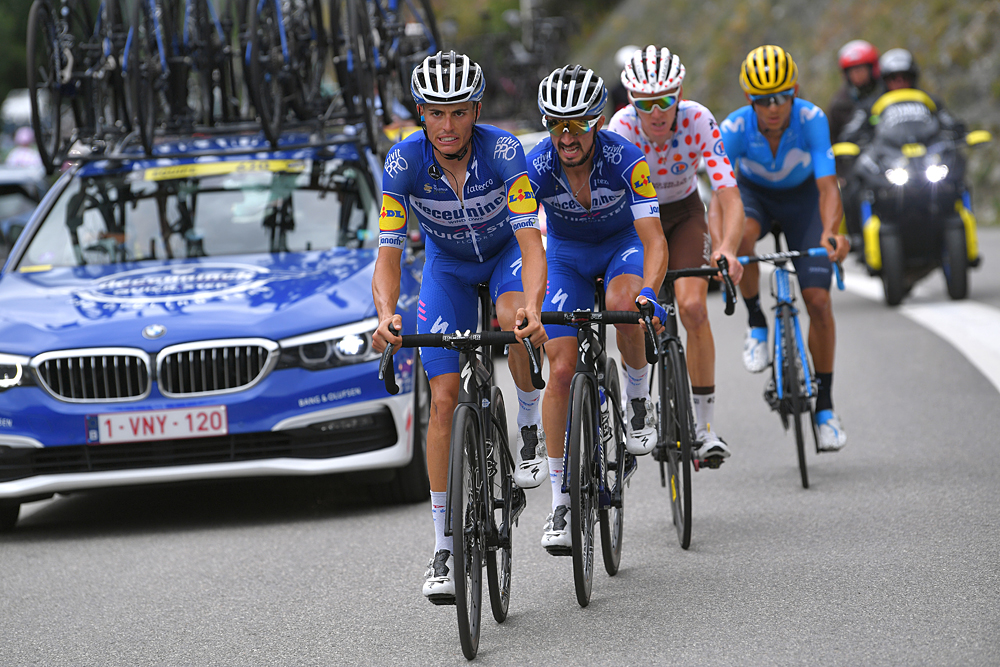
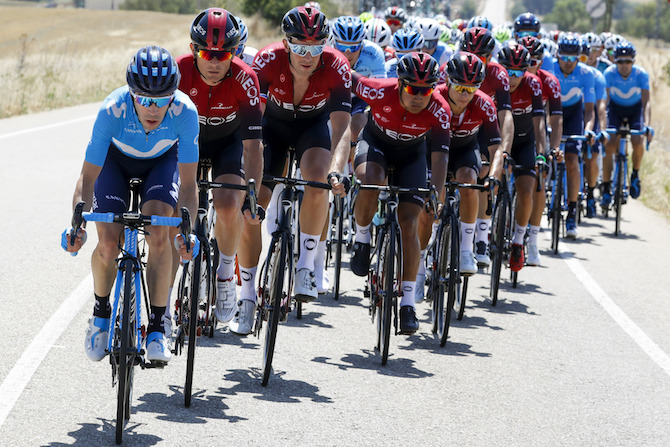
A survey commissioned by the Union Cycliste Internationale (UCI) has given a snapshot of fans' opinions on professional cycling, with 50 per cent of those who completed the online survey agreeing that “the outcome of road cycling events is predictable nowadays.” Aspects selected during the survey that were said to reduce the appeal of road races were rider radios/earpieces (48 per cent), the use of power meters (40 per cent) and the variations in budgets between teams (39 per cent).
The UCI created the survey as part of a consultation procedure involving cycling’s stakeholders with the aim to better understand and so improve the appeal of road racing.
The survey was completed during the Tour de France by 22,364 fans from 134 countries, with many deciding to complete the survey after it was reported on Cyclingnews. 92 per cent were male, with 71 percent of them responding from Europe and 23 per cent from America. 53 per cent of those who responded fell into the 35-64 age category, indicating cycling's wider demographic and the difficulty of reaching young fans.
The results revealed that a large number of the participants are active cyclists: 62 per cent of them ride a bike for recreational purposes, with 27 per cent saying that they race and 21 per cent stating that they ride bicycles to get to work. It was no surprise that the vast majority of participants said they are “very interested in road races” and that 84% of them say they are “exciting to watch”, with 70% of fans believe that road cycling is “easy to understand” and two-thirds feel that the rules are “not too complicated”.
The overall picture of fans’ perception of the sport was generally good, with respondents associating cycling with positive words like “excitement”, “bravery”, “heroes” and “respect.” The top six rated riders – Peter Sagan, Julian Alaphilippe, Vincenzo Nibali, Philippe Gilbert, Alejandro Valverde and Mathieu van der Poel – were all male.
However 50 per cent agreed that the outcome of races is “predictable”. Fans believe that the enjoyment of road cycling lies first and foremost in the combativity of the riders and the characteristics and prestige of the race. The three aspects selected during the survey that reduce the appeal of road races were rider radios/earpieces (48 per cent), the use of power meters (40 per cent) and the variations in budgets between teams (39 per cent).
The UCI said that 71 per cent believe that the concentration of the best riders in a limited number of teams affects the spectators’ enjoyment. 76 per cent think the difference in team budgets has an impact on the appeal of road cycling.
The latest race content, interviews, features, reviews and expert buying guides, direct to your inbox!
The official budgets of the teams are not made public but Team Ineos is widely considered to have the largest budget, possibly close to 40 million Euro in 2020, while other teams only manage to secure half of that figure and so spend less on rider salaries, team personal and performance.
Team Ineos/Team Sky have won seven of the last eight editions of the Tour de France but faced a tougher battle this July before Egan Bernal emerged as the overall winner.
UCI president David Lappartient has always denied any bias against the British team but believes it may be too successful for the wider good of the sport.
"They win, and they'd be wrong to do otherwise, but the public sees things differently, they want a show. Sky are like a football team that plays very well but without exciting its fans," he said in 2018.
"Team Sky has Geraint Thomas, Chris Froome and Egan Bernal, three riders who could finish first, second and third at the Tour de France. However, in the interest of cycling it is better if the best riders are in different teams."
Lappartient and the UCI have yet to explain how a salary cap would be structured and managed.
Television coverage
Another point raised by the consultation, particularly outside Europe, was the difficulty of finding a media outlet offering coverage of their favourite races.
The questionnaire reveals that the vast majority of spectators follow races on TV (68%), most often on free-to-air channels, less via the internet (21%), mobile (6%) or tablet (4%). 65% of fans now use social media to share and follow cycling-related content.
Fans seemingly would like to be offered more varied content during race broadcasts, with more extensive information on the riders (67%), sequences shot in team cars (63%) and reports on their pre-race preparations (60%). In terms of data, 75% of fans say they would get more enjoyment out of watching races if they had data on the performances of riders.
“The consultation shows us that road cycling enjoys a positive image with the fans, regardless of which continent they are from, and that, generally speaking, they are satisfied with the sport and the coverage on offer,” Lappartient said when commenting on the survey results.
“They also told us, however, that there is room for improvement, such as making more information and data available during broadcasts and that serious thought should be given to aspects seen as potentially damaging to the appeal of road cycling (domination by a small number of teams or the use of radio communications for instance).
“We are continuing with our consultation work and process of reflection with a view to making road cycling even more attractive: the working group looking into this has already met once, and its members will meet again in the near future; in parallel, interviews with different stakeholders continue. A series of proposals will be drawn up on this basis and put before the Professional Cycling Council and the UCI Management Committee for their approval in 2020.”

